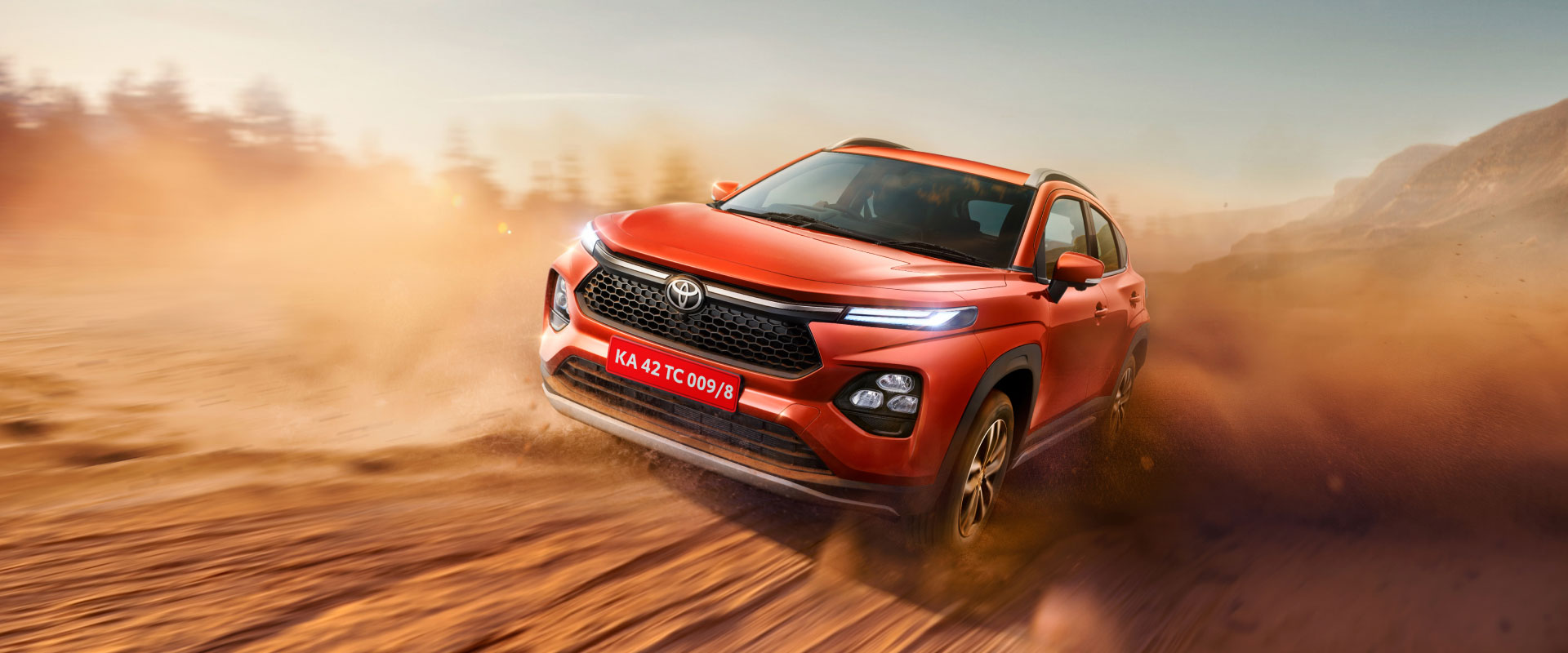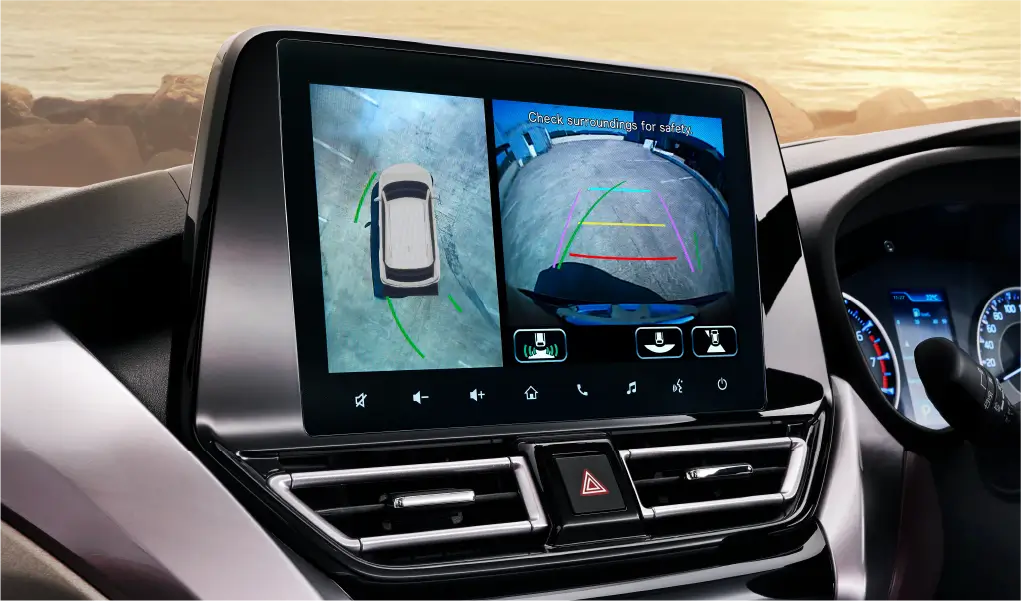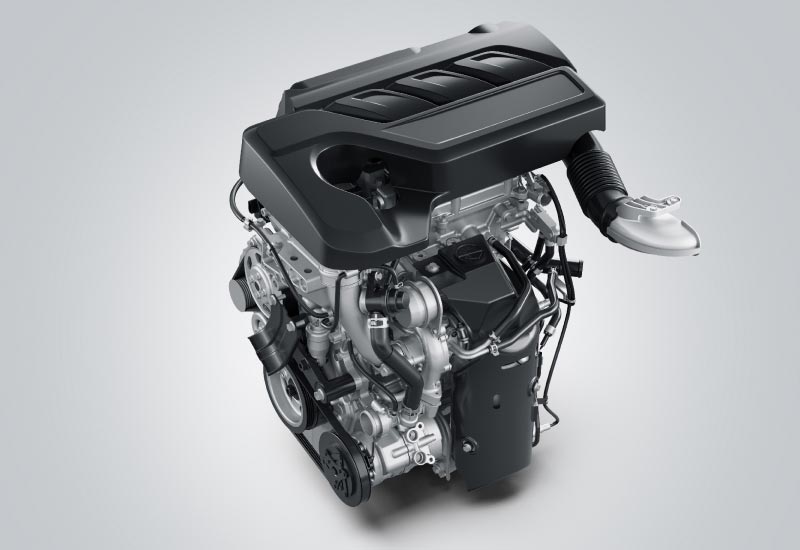In the bustling Indian automotive market, the sub-four compact SUV segment is witnessing fierce competition, with brands like Toyota and Kia vying for the attention of consumers. One of the most talked-about comparisons in this segment is between the Toyota Taisor and the Kia Sonet. Both vehicles offer a plethora of features, stylish designs, and powerful performance, making the choice between them a challenging task for prospective buyers. In this article, we delve deep into various aspects of these vehicles to help you make an informed decision.
Introduction:
The Toyota Taisor marks Toyota’s re-entry into the sub-four compact SUV segment, while the Kia Sonet has already established itself as a formidable contender in the market. The Taisor, based on the Maruti Fronx, brings Toyota’s reliability and quality to the table, whereas the Sonet boasts of being the most feature-loaded vehicle in its class.
Design Highlights:

When it comes to design, both vehicles offer distinct styling cues. The Sonet exudes a more conventional SUV vibe with its tall edges and high back, while the Taisor adopts a coupe SUV-like silhouette with a sloping rear roofline and flared wheel arches. Choosing between them boils down to personal preference, with some preferring the rugged appeal of the Sonet and others drawn to the sleek lines of the Taisor.
Feature List:

In terms of features, both vehicles come well-equipped with modern amenities. The fully-loaded variants of both the Sonet and the Taisor offer climate control with rear vents, 360-degree cameras, connected car technology, and touchscreen infotainment systems with phone mirroring capabilities. However, the Sonet edges ahead with additional features such as a powered driver’s seat, fully digital instrument cluster, and Level 1 ADAS (Advanced Driver Assistance Systems).
Powertrain Options:

Under the hood, the Taisor offers a choice between a 1.2-liter petrol engine, a 1.0-liter turbo petrol engine, and a CNG variant. On the other hand, the Sonet provides options ranging from a 1.2-liter naturally aspirated petrol engine to a 1.5-liter diesel engine, along with a potent 1.0-liter turbo petrol engine. The Sonet’s turbo petrol variant outshines the Taisor in terms of power, torque, and transmission options, offering a more exhilarating driving experience.
Pricing and Competition:
When it comes to pricing, the Taisor undercuts the Sonet, making it an attractive proposition for budget-conscious buyers. However, the Sonet justifies its higher price tag with a more extensive feature list and superior performance capabilities. Ultimately, the choice between the two boils down to individual preferences, budget constraints, and desired features.
Conclusion:
In conclusion, both the Toyota Taisor and the Kia Sonet offer compelling packages in the sub-four compact SUV segment. While the Taisor impresses with its Toyota pedigree, competitive pricing, and distinctive design, the Sonet stands out with its feature-packed offerings, superior performance, and broader range of powertrain options. Whether you prioritize brand reputation, affordability, or cutting-edge features, there’s a compelling choice for every discerning buyer in this highly competitive segment. Ultimately, a thorough assessment of your requirements and preferences will help you make the right decision between these two formidable contenders.
| Feature | Toyota Taisor | Kia Sonet |
|---|---|---|
| Design | Coupe SUV-like with sleek lines | Muscular and rugged with bold styling |
| Interior Features | Premium upholstery and modern infotainment system | Fully digital instrument cluster, powered driver’s seat |
| Powertrain Options | 1.2L petrol, 1.0L turbo petrol, CNG variant | NA petrol, turbo petrol, diesel engines |
| Performance | Balanced performance and efficiency | Responsive performance and fuel efficiency |
| Price Range (Ex-Showroom) | Rs. 7.74 Lakh onwards | Rs. 7.99 Lakh onwards |
| Additional Features | Climate control, rear vents, touchscreen infotainment | Level 1 ADAS, safety features, more transmission options |
| Value Proposition | Affordable pricing, Toyota reliability | Rich feature set, advanced safety technologies |
| Overall Appeal | Sleek and sporty design, budget-friendly | Bold and rugged styling, feature-packed |
This comparison table provides a quick overview of the key features and differences between the Toyota Taisor and the Kia Sonet, aiding potential buyers in making an informed decision based on their preferences and requirements.
Frequently Asked Questions
1. What is the Toyota Taisor?
The Toyota Taisor is a compact SUV offered by Toyota in collaboration with Maruti Suzuki.
2. What are the key features of the Kia Sonet?
The Kia Sonet comes with features such as a fully digital instrument cluster, touchscreen infotainment system, and Level 1 ADAS.
3. How many variants of the Toyota Taisor are available?
The Toyota Taisor is available in five variants: E, S, S+, G, and V.
4. What are the powertrain options for the Kia Sonet?
The Kia Sonet offers a range of powertrain options including naturally aspirated petrol, turbo petrol, and diesel engines.
5. What is the starting price of the Toyota Taisor?
The Toyota Taisor starts at Rs. 7.74 lakh (ex-showroom).
6. Does the Kia Sonet come with advanced safety features?
Yes, the Kia Sonet is equipped with Level 1 ADAS and other advanced safety features.
7. Are there any special offers available for the Toyota Taisor?
Dealers may offer special discounts and benefits on the Toyota Taisor. It’s advisable to check with your nearest dealership for current offers.
8. What is the warranty coverage for the Kia Sonet?
The Kia Sonet typically comes with a standard warranty package covering a certain period or mileage, along with additional warranty options for extended coverage.
9. Can I customize the Toyota Taisor with accessories?
Yes, Toyota offers a range of genuine accessories that you can use to customize your Taisor according to your preferences.
10. How does the Kia Sonet compare to its competitors?
The Kia Sonet competes with other compact SUVs in its segment, offering a blend of features, performance, and value for money. It’s recommended to compare it with other models to make an informed decision.